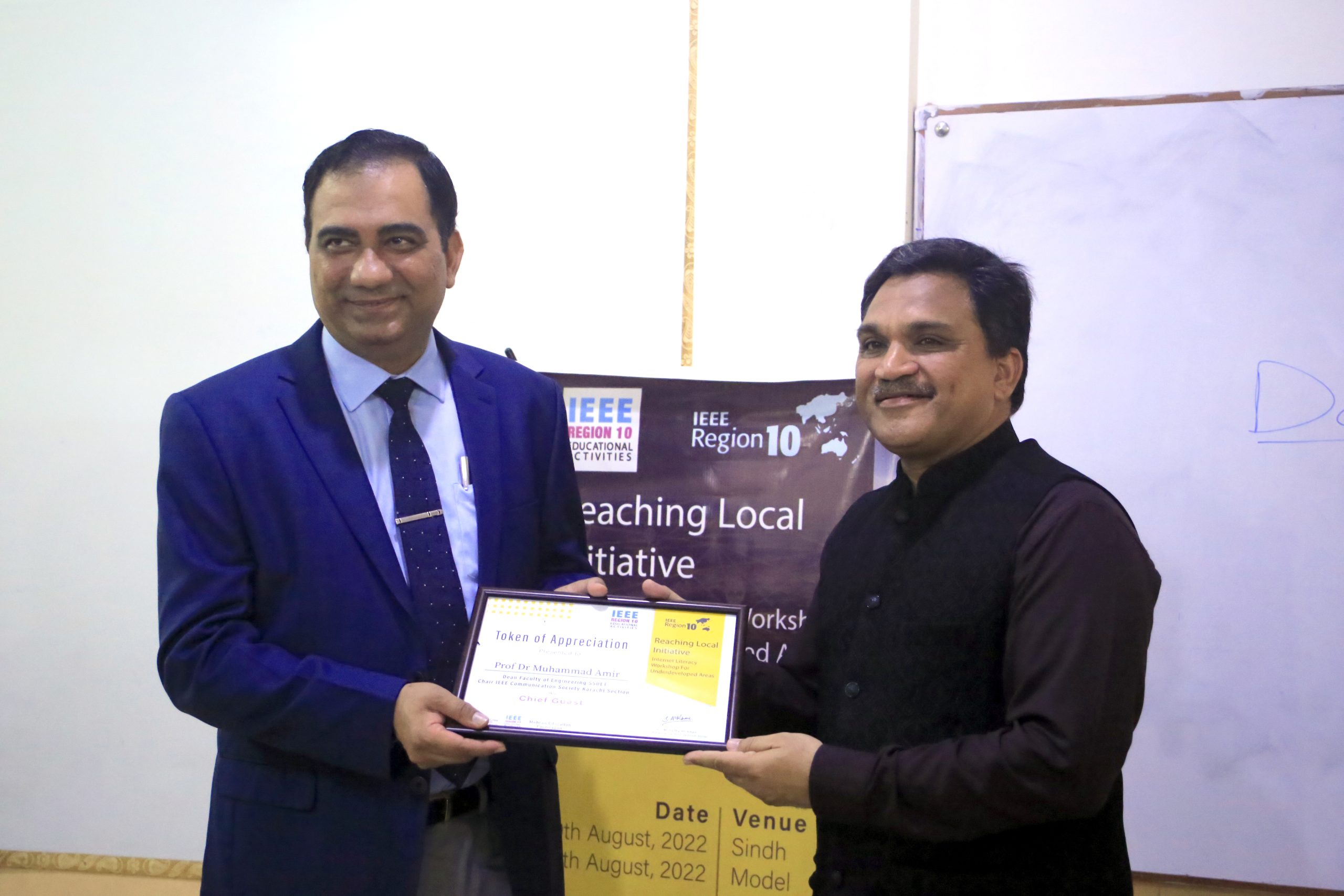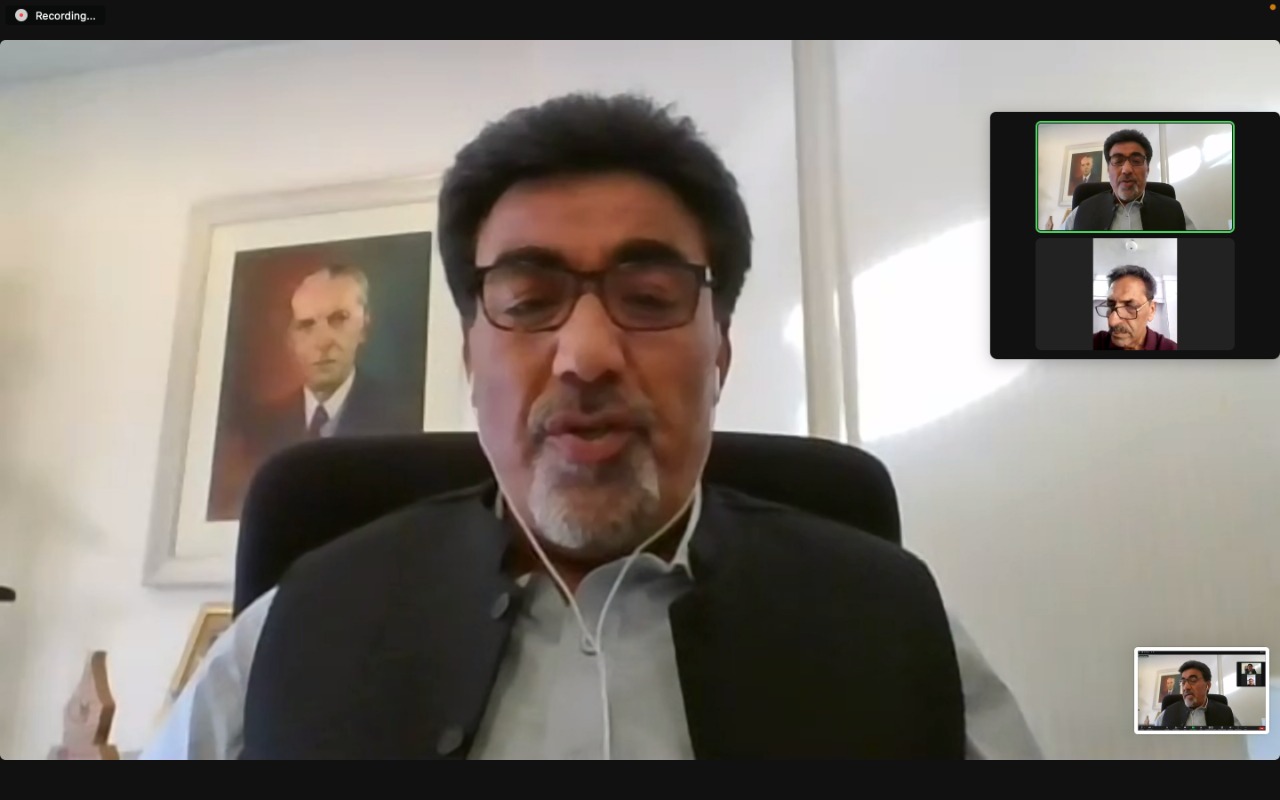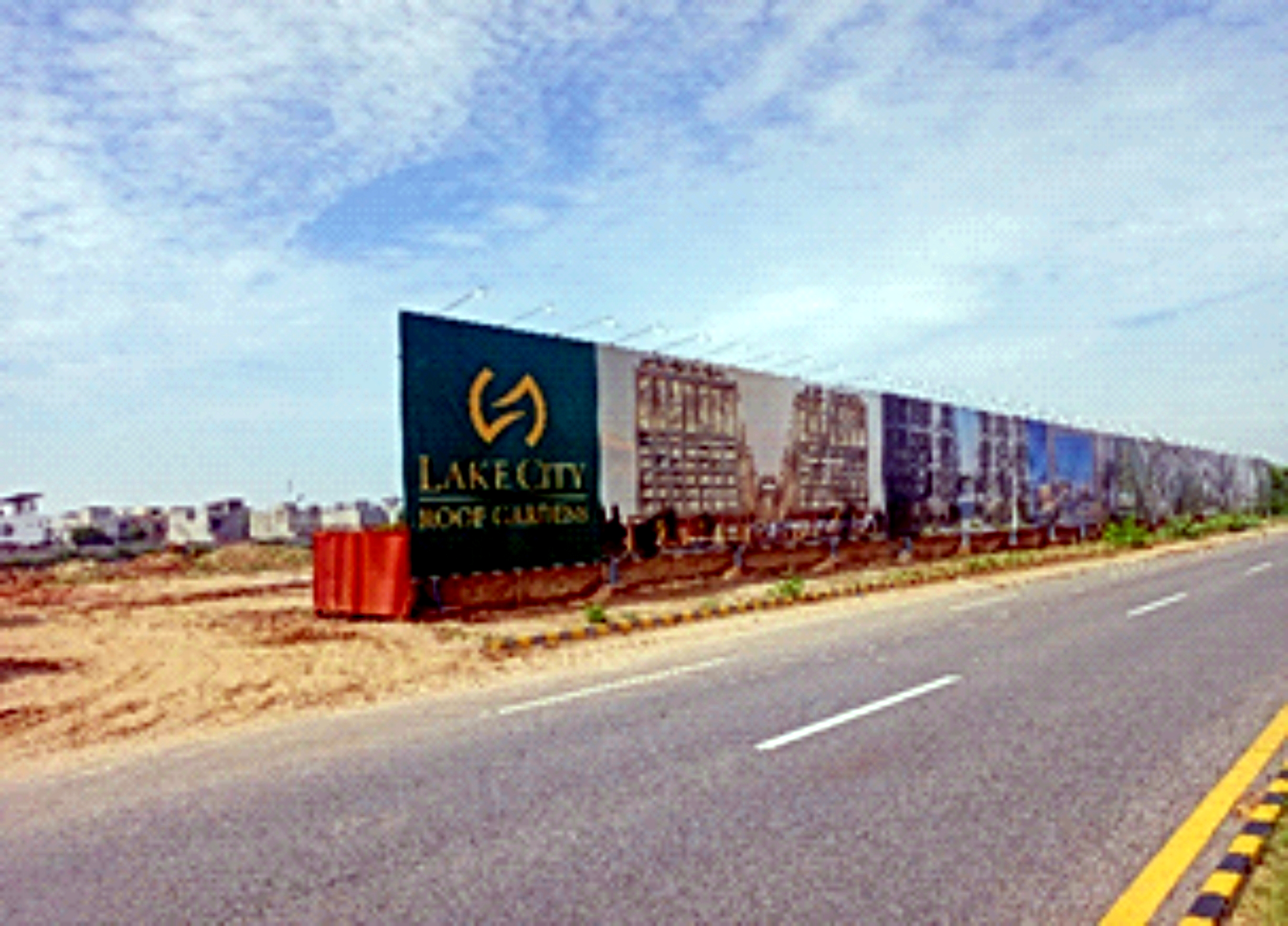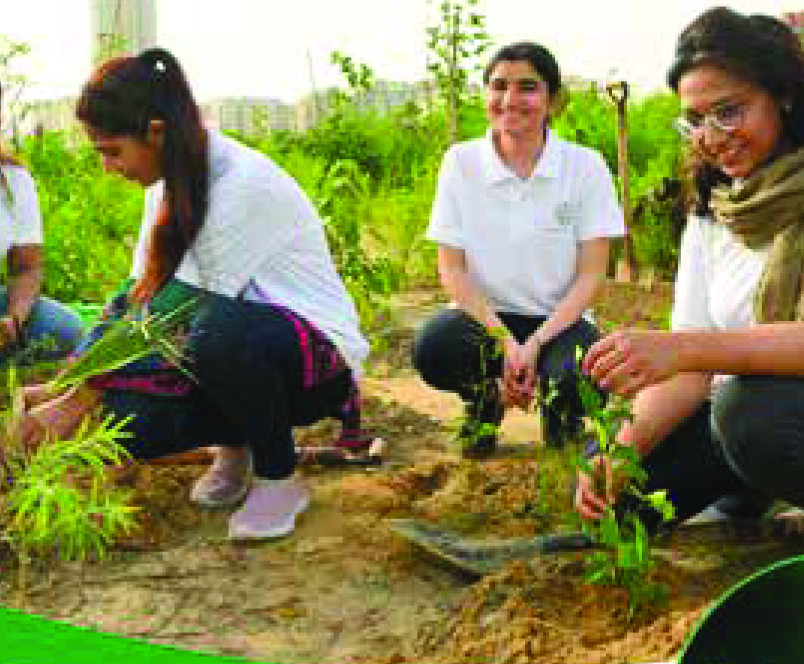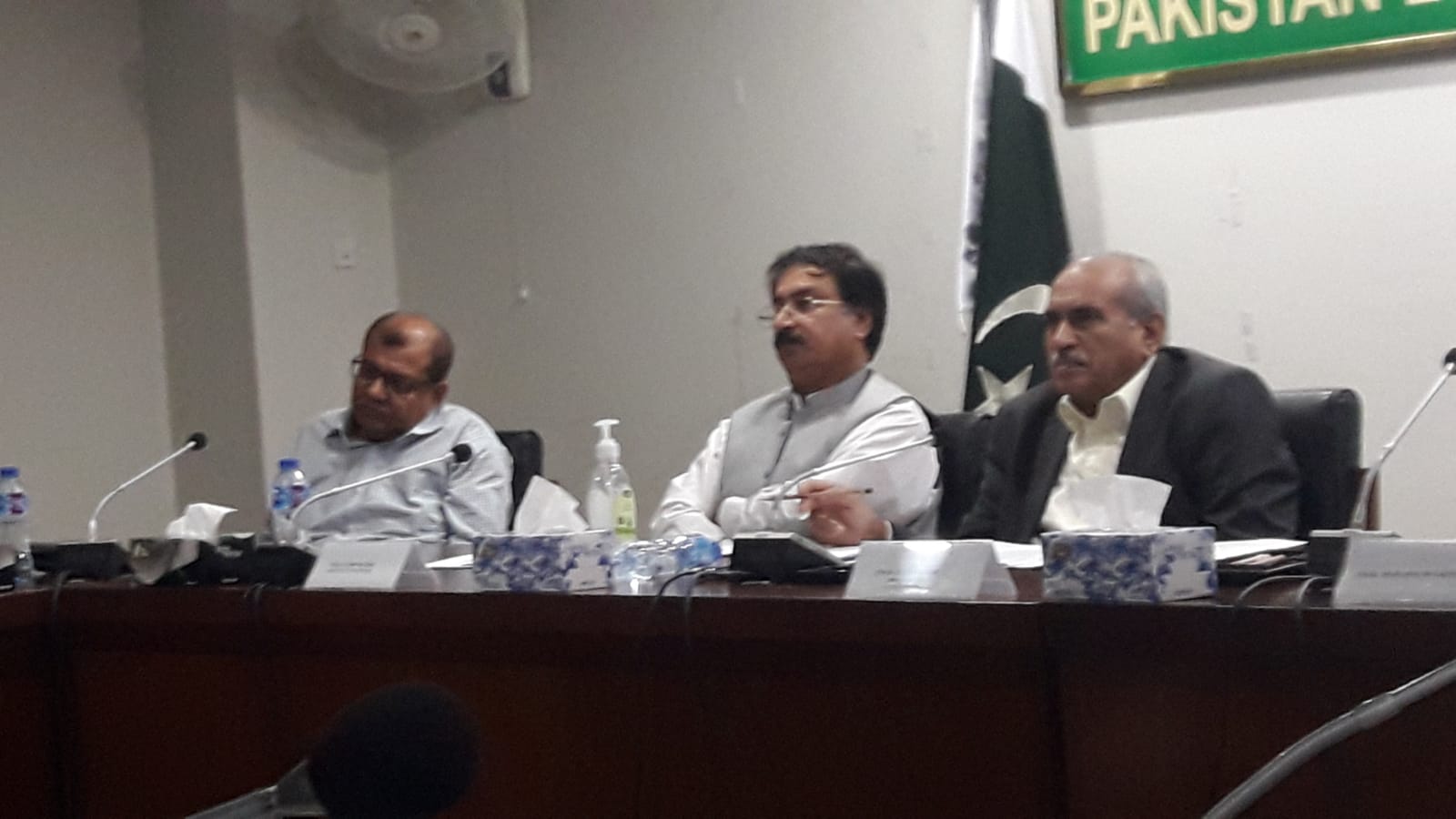IEEE R10 EA LOCAL INITIATIVE PROGRAM
Focusing tools, free online facilities for educational facilitation
A 2-Day workshop was organized by IEEE educational activities, Karachi section in collaboration and with IEEE Computer Society

